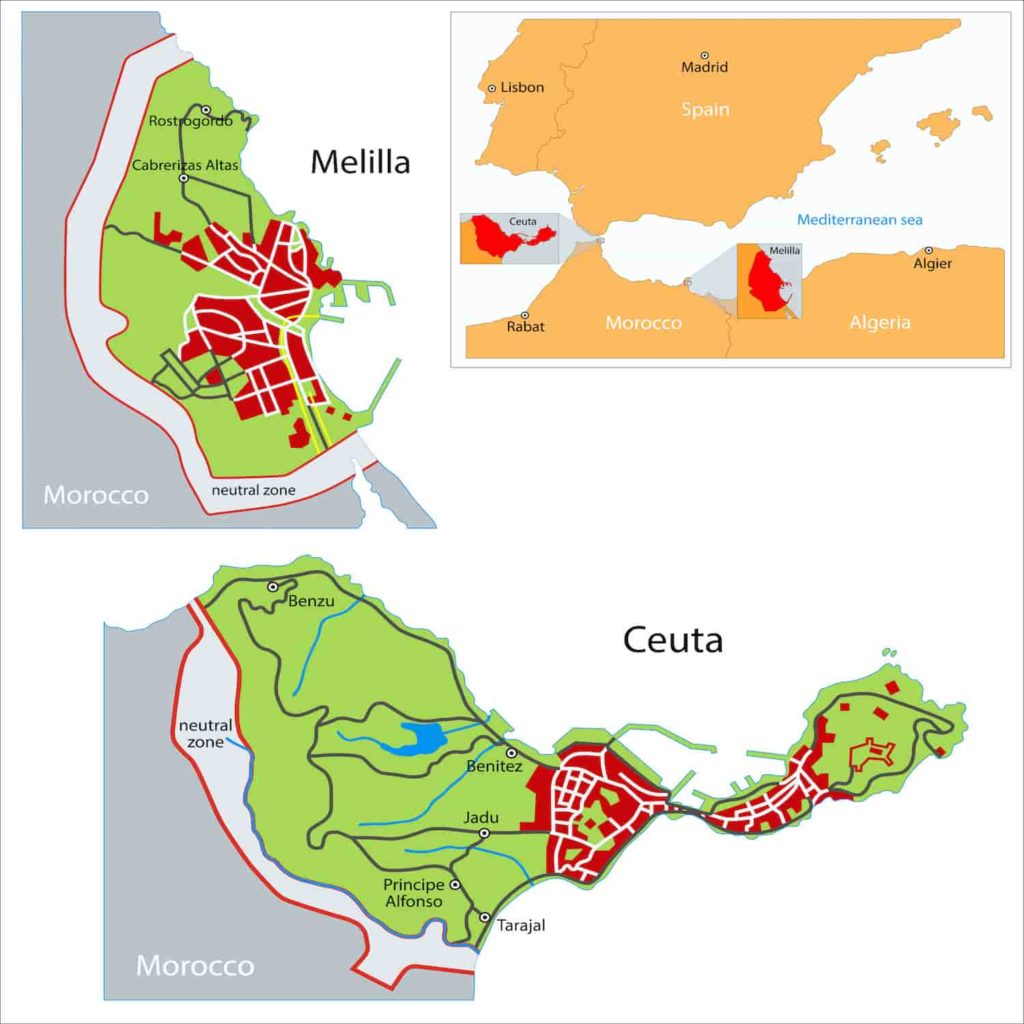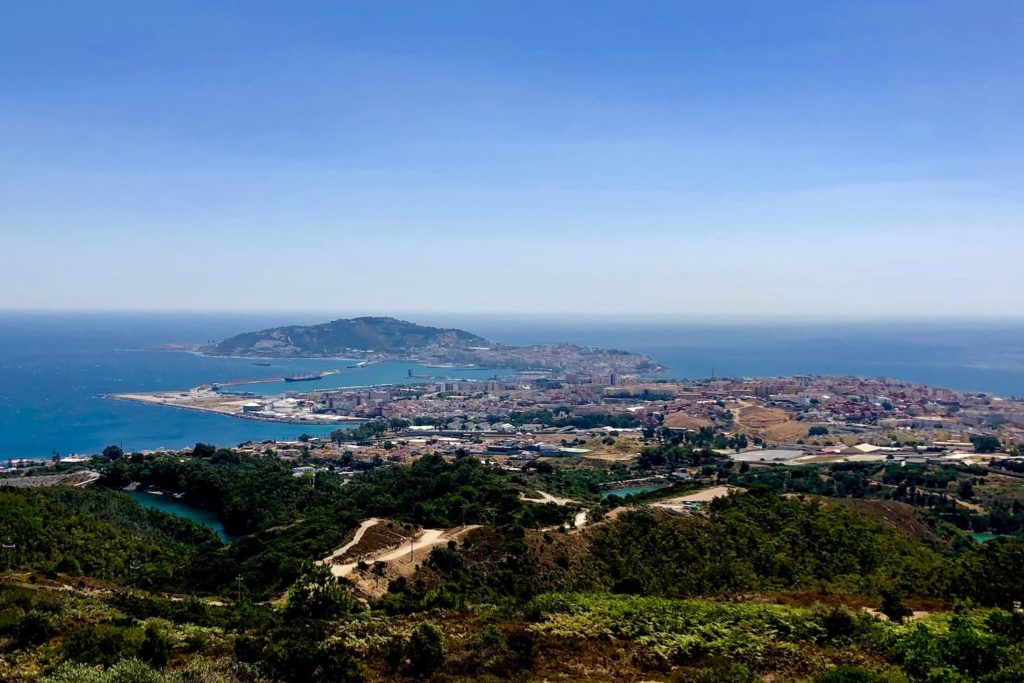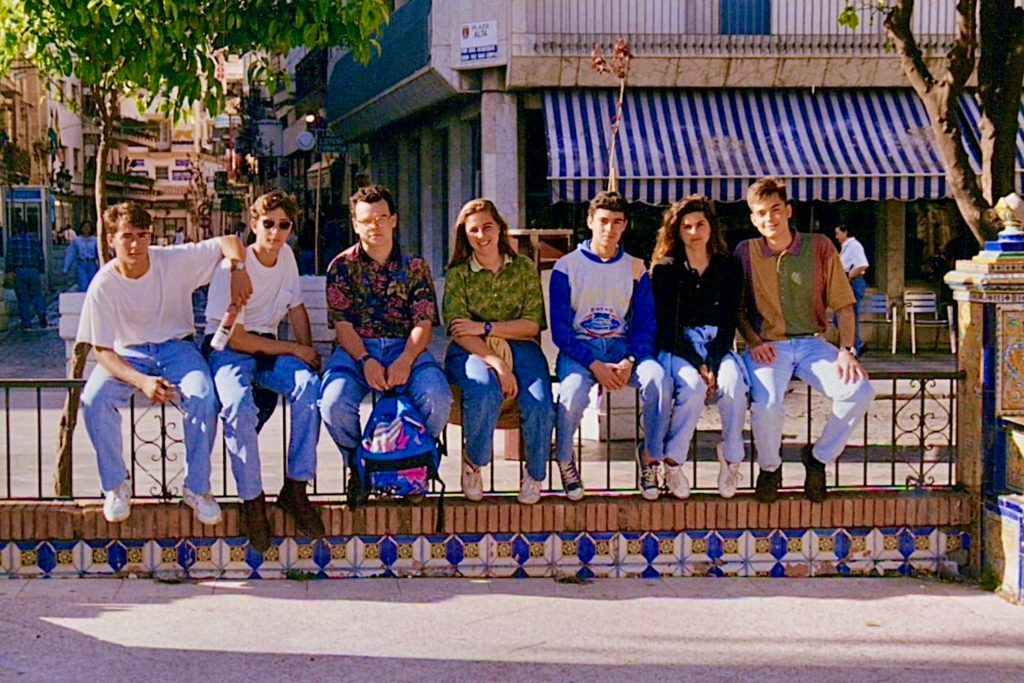
The Classic versus The Unusual: Discoveries Abroad
“The classics” have always attracted me. In most realms (film, cars, music, etc.), I feel the pull of the standard, the archetypal, the classic. I know I’m not alone: many people find themselves wanting the most traditional version of experiences or possessions (and of course, those classic options vary from one culture to another). We can already see the traditional version of most things in our mind’s eye, whether it’s the housiest house (with a white picket fence), the most weddingly wedding (with a veil and a powder-blue tuxedo), or the most birthdayful birthday (with a Batman cake and a party hat). As strong as the attraction for classic options are, they don’t usually serve our creativity. Here I explore the benefits of resisting the pull of the classic in exchange for a richer and more creative life, and I depart from the experiences of a young student living abroad.

A Classic Exchange Year
When I was in high school, I decided that I wanted to study in Spain. I was accepted into an exchange program and won a scholarship to live for a year with a Spanish family and study in a Spanish high school. Even though I was about to do something fairly unusual (I didn’t know many kids who had been exchange students), I still felt the pull of the traditional very strongly.

If you are going to be an exchange student in Spain, the most “classic” version of the experience would be to live in Madrid; at least that was my fantasy. You can imagine my surprise when I received my placement: I would be living for a year in Ceuta, a small Spanish territory in costal North Africa. This certainly wasn’t the stereotypical experience that I had imagined in my classic-focused mind.

Another American student was placed with a family in the same city, but that didn’t happen until our motley group of teenage exchange students had already arrived in Spain. That other student had applied late, and didn’t have a placement yet upon leaving the U.S. When we arrived in Spain and he found out that our destination city was in Africa, he refused to go. He wanted the quintessential Spanish experience and would accept nothing that varied from his preconceived notions. I understood the impulse, as I had also wanted the classic experiences of the famous sites of Madrid, such as the Plaza Mayor and the Puerta del Sol. In the end, that other student stayed in Madrid, and I headed south on a train bound for the coast.
An Unusual Exchange Year
When I crossed the Straights of Gibraltar and arrived in Ceuta, a whole new world opened to me. I had never been to Europe before, and now I had also been to Africa. I learned about the history and cultures of the south of Spain, but also those of the African shores of the Mediterranean. I feasted on freshly caught seafood, not only in classic paella (a famous Spanish rice dish), but also in a Moroccan tagine served over couscous. I would not have had these experiences had I not accepted the uncommon opportunity of being placed in Ceuta.
This isn’t to say that Madrid wouldn’t have afforded many interesting experiences. I would contend, however, that those were experiences I had already read about, had lived out in my imagination, and would have many opportunities to enjoy in the future. Many foreigners who travel to Spain end up going to Madrid; they have the “classic” experiences of the Prado Museum or the Park of the Buen Retiro.

How many people, on the other hand, get to go to Ceuta, see the Rock of Gibraltar out their bedroom window, or recline for a glass of spearmint tea on the cushions of a teahouse near the Moroccan border? My uncommon experiences in Ceuta expanded the horizons of my imagination; choosing the uncommon over the classic can have similar effects in various other aspects of life.
A Broader Application
While the case for the unusual over the classic may be clear in the example of the study abroad experience explained above, does this same concept apply in our broader choices between the traditional and the uncommon? I argue that it does, and it has everything to do with the building blocks of creativity.
Creativity in its broadest terms is the ability to put old elements together in a new and useful way. We don’t create out of nothing, but rather from the storehouse of our imaginations. That storehouse is populated with the building blocks of creativity: information that we obtain from either education or experience.

In the realm of experience, I argue that we should tip the balance toward the unusual at the expense of the classic. If we know what the classic option is, this means that our imaginations have already been populated, at least partially, with that version. Most of that information is already in our mind’s eye; that’s not to say that something new might not be gained from the traditional experience, but it will be minimal compared to the unusual version. The uncommon option will fill our minds with many more new inputs. In other words, the unusual experience will provide us with more of the building blocks of creativity.
The Unusual in Our Daily Lives
Not every day is a choice between the classic sites of Madrid and the less common offerings of Ceuta, but each day does present opportunities to live more creatively. Choosing the unusual or uncommon options in our daily lives provide us with imaginative gains that incrementally add up to more creative lives.
We can employ this in big and small ways in our daily experiences. It could be as simple as opting for an innovative preparation of our favorite food at home or in a restaurant. It could mean choosing a more scenic route rather than the direct path. If we’re going to attend the theater to introduce our kids to Shakespeare, for example, we could take them to something other than Romeo and Juliette; they will have dozens of opportunities to see that classic option in the future. When we take some time to think about it, there are opportunities to move in the direction of the uncommon and away from the classic in all corners of our lives.
This doesn’t mean you shouldn’t turn the dial to the classic rock station from to time to time, but if your last new musical input was from 1979, there are certainly opportunities to build your creativity with some new tunes. Limit classic options (in whatever realm) for when you need to be comforted by the familiar; utilize the unusual on a more regular basis to make yourself a more creative and interesting person.

It’s no exaggeration to say that I reap benefits from my exchange year every day. I have life-long friends from Ceuta and unique experiences that enrich my life and feed my creativity. I have also been to Madrid many times and have seen all the classic sites that I would have seen if I had stayed there at age 18; but that guy who refused to go to Ceuta… he still doesn’t know all he missed and all the creative material he would have gained if he had only taken a chance on the unusual.